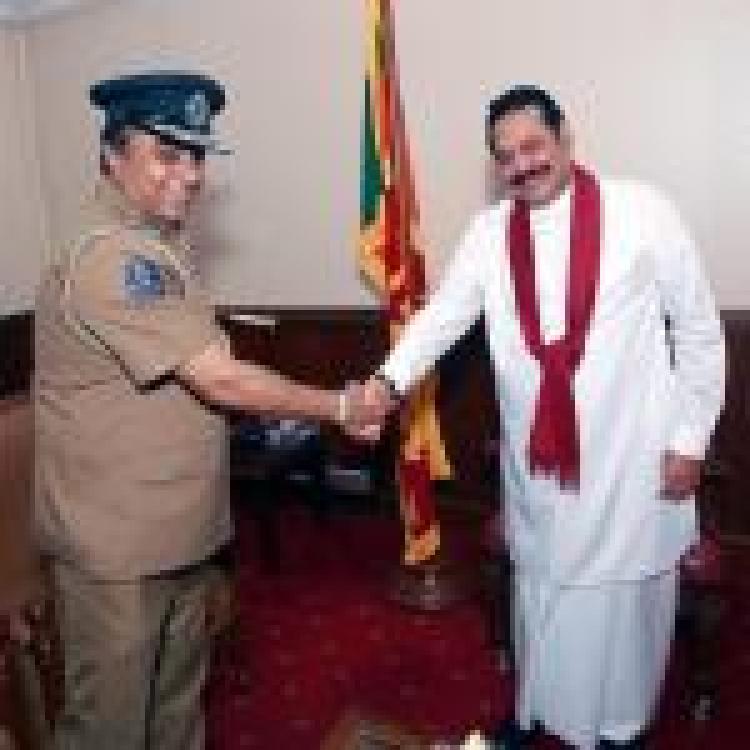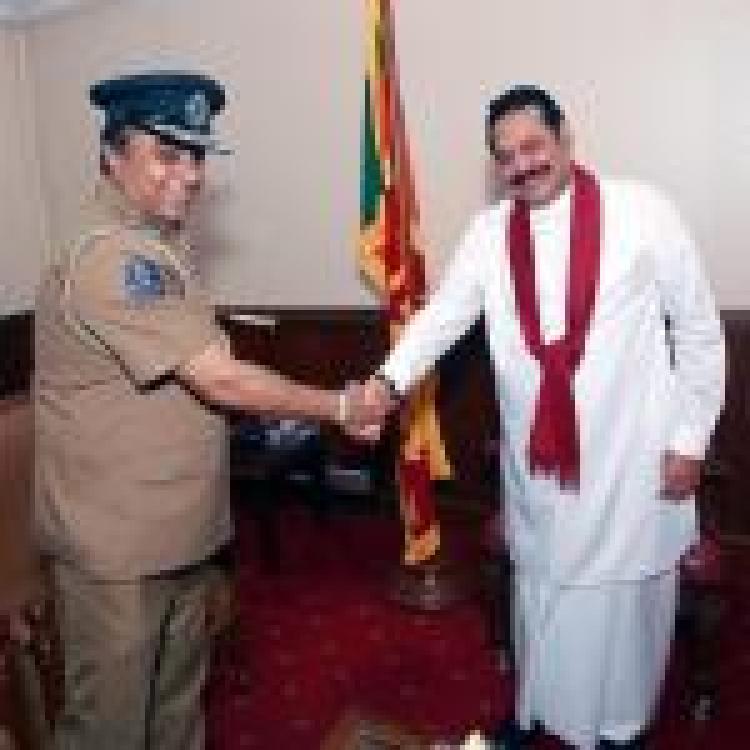Sri Lanka’s Chief of Defence Staff should be punished under the Protection of Victims and Witnesses Act for attempting to hamper a case against him by sabotaging the police official in charge of investigating the case, the country’s number two police chief has said.
Nishantha Silva, officer in charge of the organised crimes division at the Criminal Investigation Department (CID) was given a transfer order to ordinary duties in Negombo, reportedly on the orders of the Sri Lankan president, further at the behest of Chief of Defence Staff, Admiral Ravindra Wijegunaratne.
The transfer raised serious questions about the future of cases Silva had been in charge of, including the case of the abduction and murder of 11 Tamil youths by Sri Lankan navy personnel – which Wijegunaratne is implicated in – as well as of several other high profile state-sponsored murders and assault cases.
A cancellation of the transfer order was backdated to November 19 – a day after the initial order – after outrage from several corners and an appeal to the National Police Commission.
Wijegunaratne had reportedly made accusations against Silva at a National Security Council meeting and over the telephone to Sri Lanka’s top police chief the Inspector General of Police (IGP), accusing Silva of being connected to the LTTE.
In a letter to the IGP, Sri Lanka police’s second in charge the Senior Deputy Inspector General (Senior DIG) who is in charge of the CID, defended Silva and said Wijegunaratne’s accusations were “completely false, baseless and malicious”.
The Senior DIG said Wijegunaratne’s interference was "punishable offense under the Protection of Victims and Witnesses Act" for which appropriate action should be taken.
The Senior DIG noted that Wijegunaratne was anyway a suspect who should be arrested in the abduction and murder case being investigated by Silva and that Wijegunaratne’s accusations were clearly an attempt to influence the case.


